As we move through Q3 2025, many homeowners are asking the same question: Should I put spare cash into my mortgage, or would I be better off investing it?
With the Chancellor’s November Budget just around the corner, and new rules and allowances expected in Q1 2026, the decision feels more pressing than ever.
At 1st Financial Foundations, we know this isn’t a “one size fits all” answer. It depends on your goals, your stage of life, and how much risk you’re comfortable with. In this blog, we’ll break down the key things you need to weigh up, in plain English.
Why Overpaying Your Mortgage Feels Good
- Certainty: Every pound you overpay reduces your debt and interest bill. That’s guaranteed.
- Peace of mind: Being mortgage-free sooner takes away financial stress.
- Flexibility later: Lower monthly payments or a shorter mortgage term can free up cash when you need it most.
Example: If you overpay £300 a month on a £200,000 mortgage at 5% interest, you could cut years off your term and save tens of thousands in interest.
Why Investing Might Be Smarter for Growth
- Better returns (potentially): Over the long term, pensions and ISAs often grow faster than the interest you’d save by overpaying your mortgage.
- Tax relief: Pension contributions are boosted by government tax relief, which could make investing more efficient, especially if allowances are adjusted in the November Budget.
- Liquidity: Money in investments can (in some cases) be accessed, while mortgage overpayments are locked into your property.
Example: That same £300 a month invested into a pension could be worth significantly more after 10–20 years, depending on markets and tax rules.
The Budget Factor
The November 2025 Budget is expected to touch on:
- ISA allowances and pension contribution limits which could influence whether investing is more attractive.
- Housing and mortgage incentives which may impact repayment decisions.
- Capital gains and tax changes which may shift how investments are taxed in 2026.
We’ll provide updates once the Budget lands, but knowing change is on the horizon is reason enough to think carefully now.
What It Means for You, Depending on Where You Are in Life
Business Owners
If you run a business, flexibility is often more valuable than tying money up in your home. Overpaying may feel secure, but investing via pensions or ISAs could be smarter:
- Pension contributions can be a tax-efficient way to move profits out of your business.
- Keeping liquidity allows you to reinvest in growth or weather cash flow changes.
- Budget changes to corporation tax or allowances could influence your decision.
Takeaway: Overpayments bring security, but balancing them with tax-smart investing often suits business owners best.
Pre-Retirees (50s–60s)
If you’re nearing retirement, peace of mind is key. Overpaying may clear debt before you stop working, but pensions still offer powerful benefits:
- Extra contributions now may be your last chance to maximise tax relief.
- Clearing your mortgage before retirement reduces monthly outgoings.
- Budget changes to pensions, lump sums, or tax relief could affect your strategy.
Takeaway: A blended approach, with pension top-ups for growth and some overpayments for security, often works best.
Young Professionals
If you’re early in your career, time is on your side. Compound growth means investments may outpace mortgage savings:
- ISAs and pensions can snowball over decades, especially if you start early.
- Overpaying your mortgage may give peace of mind, but it locks money into your property.
- Flexibility matters. You may need funds for career moves, family, or buying a bigger home.
Takeaway: Start investing early to take advantage of compounding, but keep a balance if being debt-free motivates you.
So, What’s Right for You?
- If your main goal is certainty and freedom from debt, overpayments may give you peace of mind.
- If you’re focused on building wealth for the future, investing could be more rewarding.
- For many, the best approach is a blend. A mix of overpayments for security and investments for growth.
Final Thoughts
This decision is about more than numbers. It’s about how you feel about money, risk, and security.
At 1st Financial Foundations, we don’t believe in cookie-cutter advice. We listen first, then help you find the balance that fits your life.
Want to know what’s right for you before the November Budget? Get in touch today and take the first step toward your financial freedom.
This article provides general information only and does not constitute financial advice. For personalised guidance based on your specific circumstances, please contact our office to arrange a consultation. Learn more













